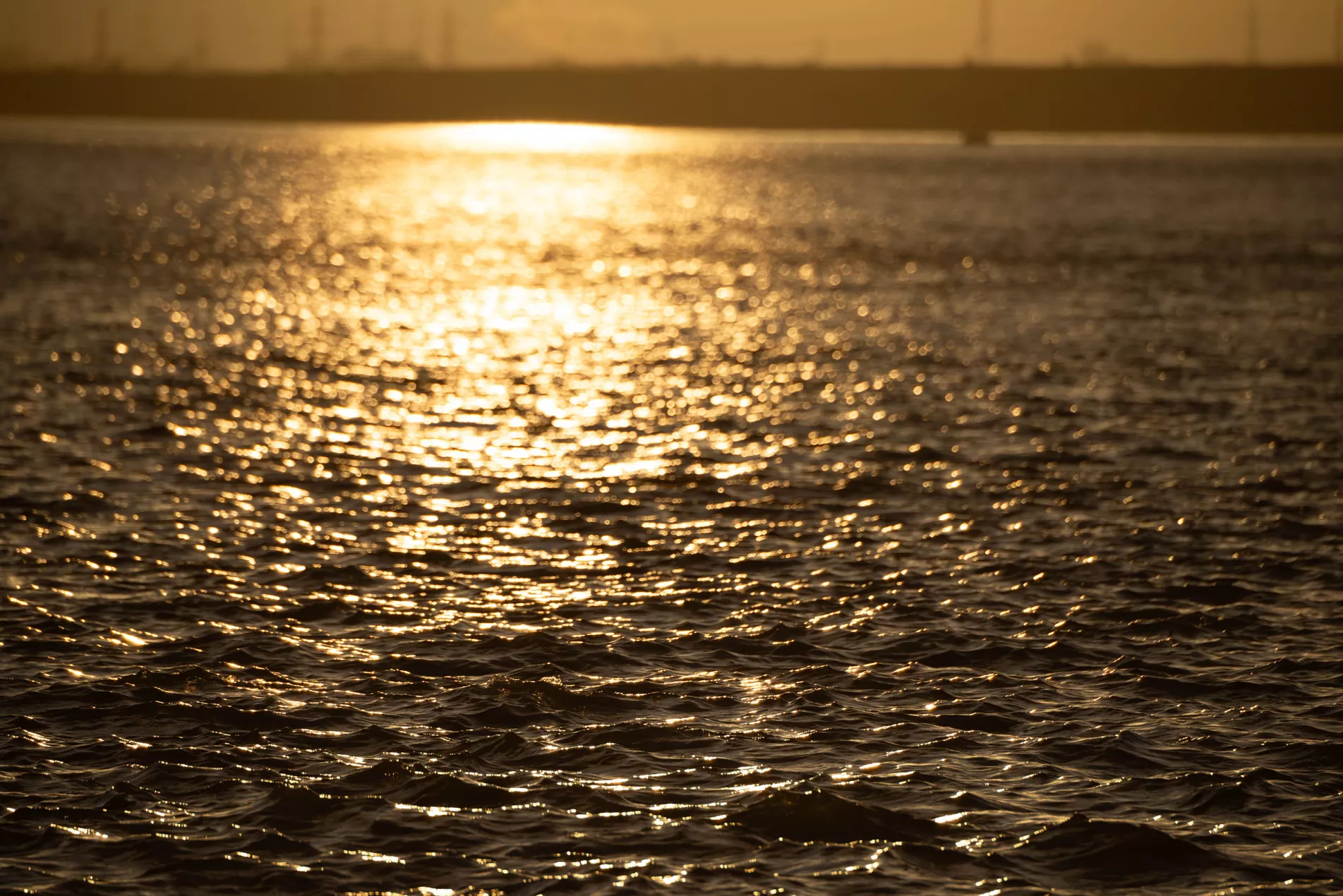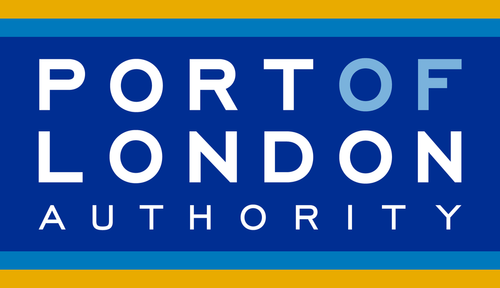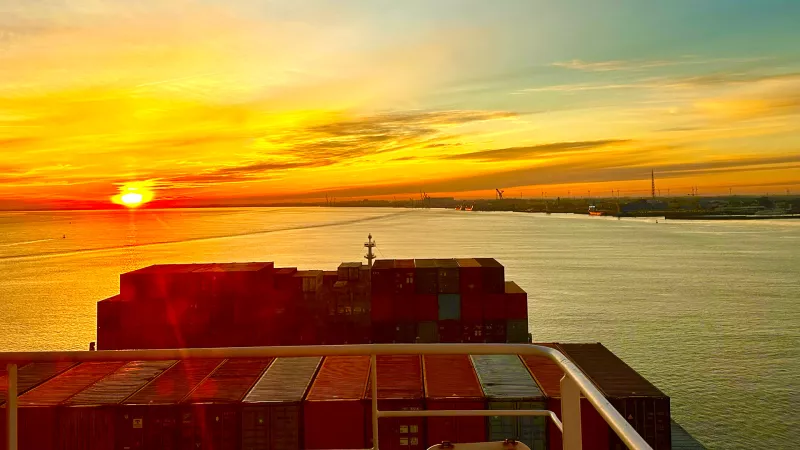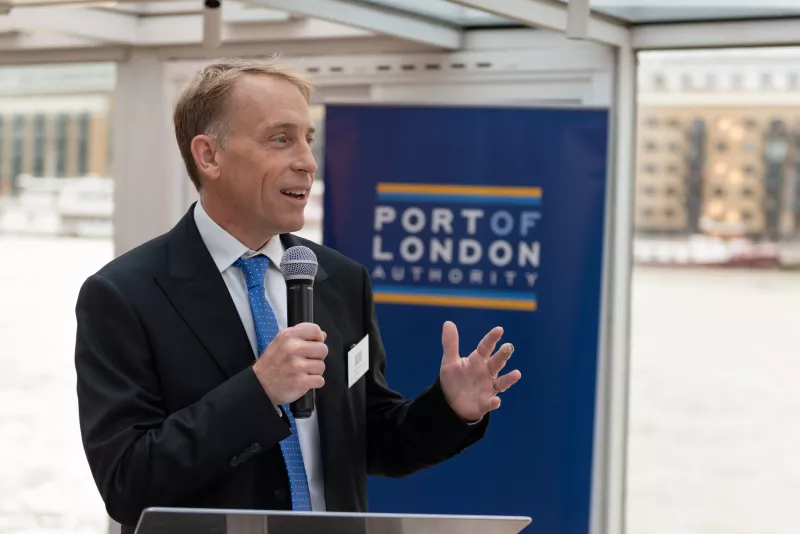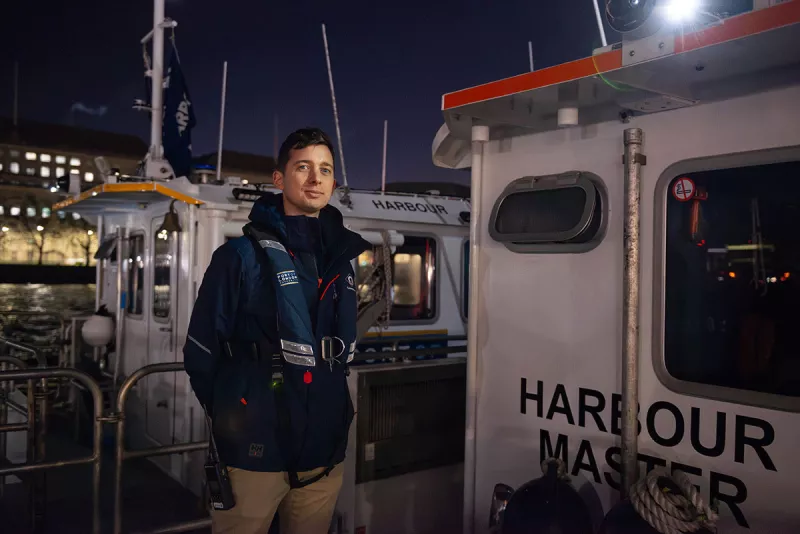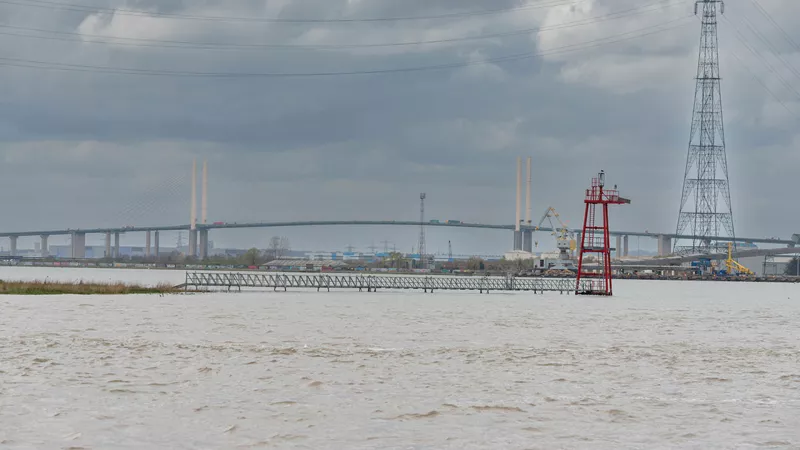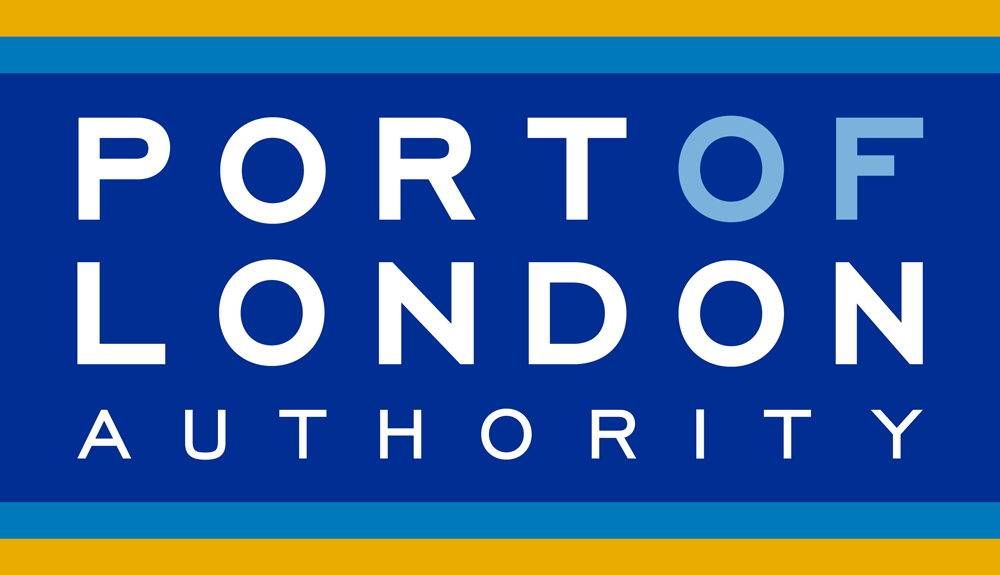Live Tides
NOTICES TO MARINERS
Charts & Surveys
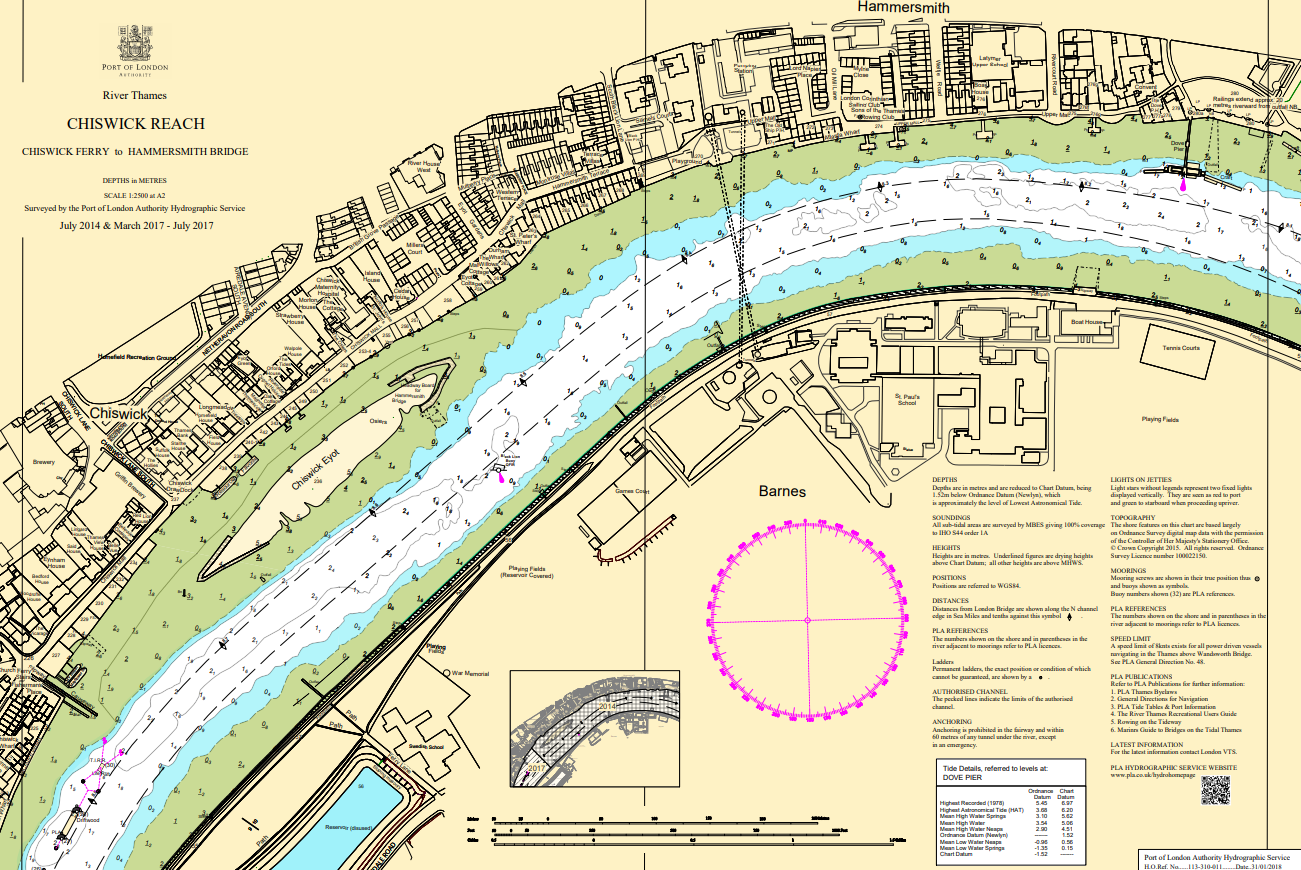
Incident reporting
Life-threatening emergencies on the river:
Call 999 and ask for the Coastguard
For near miss, safety observations and incident reporting click below
As HRO hearings conclude, PLA restates the case for safety and sustainability
Six years ago, we started a process, called a Harbour Revision Order (HRO), to update the legislative framework that governs the Port of London Authority’s (PLA) operations, which is almost 60 years old. This week the final stage of the inquiry closes.
The Port of London is the UK’s biggest port – bringing more goods into the country than any other – and the country’s busiest inland waterway.
The Port of London Authority is a statutory harbour authority and a trust port; accountable to the Department for Transport, with responsibility for safety and conservancy through London, Kent and Essex, out to the North Sea. There are over 100 trust ports in the UK, ranging from other large commercial ports to small local harbours. Like other trust ports, the PLA has no shareholders. All of the revenues it generates, the significant majority of which derive from facilitating the safe delivery of commercial trade, are used and invested for the benefit of its customers, stakeholders and the environment.
The PLA’s chair and a number of its non-executive directors are appointed by the Secretary of State for Transport. The PLA has a particular responsibility for discharging the Port Marine Safety Code.
The PLA’s 1968 Act has a cross-cutting statutory duty to protect the Thames environment (“conservancy”), and there are around 140 pieces of national environmental legislation which cover its activities.
The PLA adopts a proactive approach to environmental improvement, as evidenced in the Clean Thames Manifesto, and Net Zero Plans. The PLA does not consider that additional environmental provisions are necessary in the PLA Act, given this existing body of law, and as it would not be desirable or practical to duplicate the functions of national environmental regulators such as the Marine Management Organisation (MMO), Environment Agency (EA) or Natural England (NE).
Since 2019, the PLA and the Marine Management Organisation, the body appointed by the Department of Transport to run the HRO process, have been reviewing, consulting and seeking evidence on the PLA’s proposals. The process has been highly consultative, with all interests and voices given space and time to make their case.
We have heard from many organisations supporting modernisation, and a large majority of the PLA’s stakeholders have not raised any objections. For example, there are no outstanding objections from any local authorities, the Greater London Authority (GLA), Natural England or the Environment Agency; nor from any port terminals, freight or passenger vessel operators, recreational clubs or national environmental charities. But we know some others have concerns, whether about the proposed measures in the HRO or issues unconnected to the HRO.
One example is homeowners whose properties have balconies which hang out over the tidal Thames. For homes enjoying this benefit, we levy a fee, as set out in PLA’s legislation, and in total, there are just over 200 balconies affected, paying on average around £950 per year + VAT. Taken together balcony charges provide 0.3% of the PLA’s total revenues. There is nothing in the HRO proposals related to this, but campaigners have taken the chance to make their voices heard and we have listened. On this issue, as all others, we are committed to being fair and reasonable so we have invited the Royal Institution of Chartered Surveyors to review our approach and make any recommendations.
The reason the PLA brought forward the proposals in the HRO was to make a number of necessary changes to help us keep ships, people, and the environment safe.
Examples include being able to improve navigational lighting, so boats move safely on the river; ensure grab chains and escape ladders are installed where needed; and secure powers to intervene if party boats or similar are found to be overcrowded.
As the UK’s biggest port, the PLA must be able to step into the future with a modern legislative framework to support a thriving Thames with activities operating safely and sustainably.
Related content
Discover
